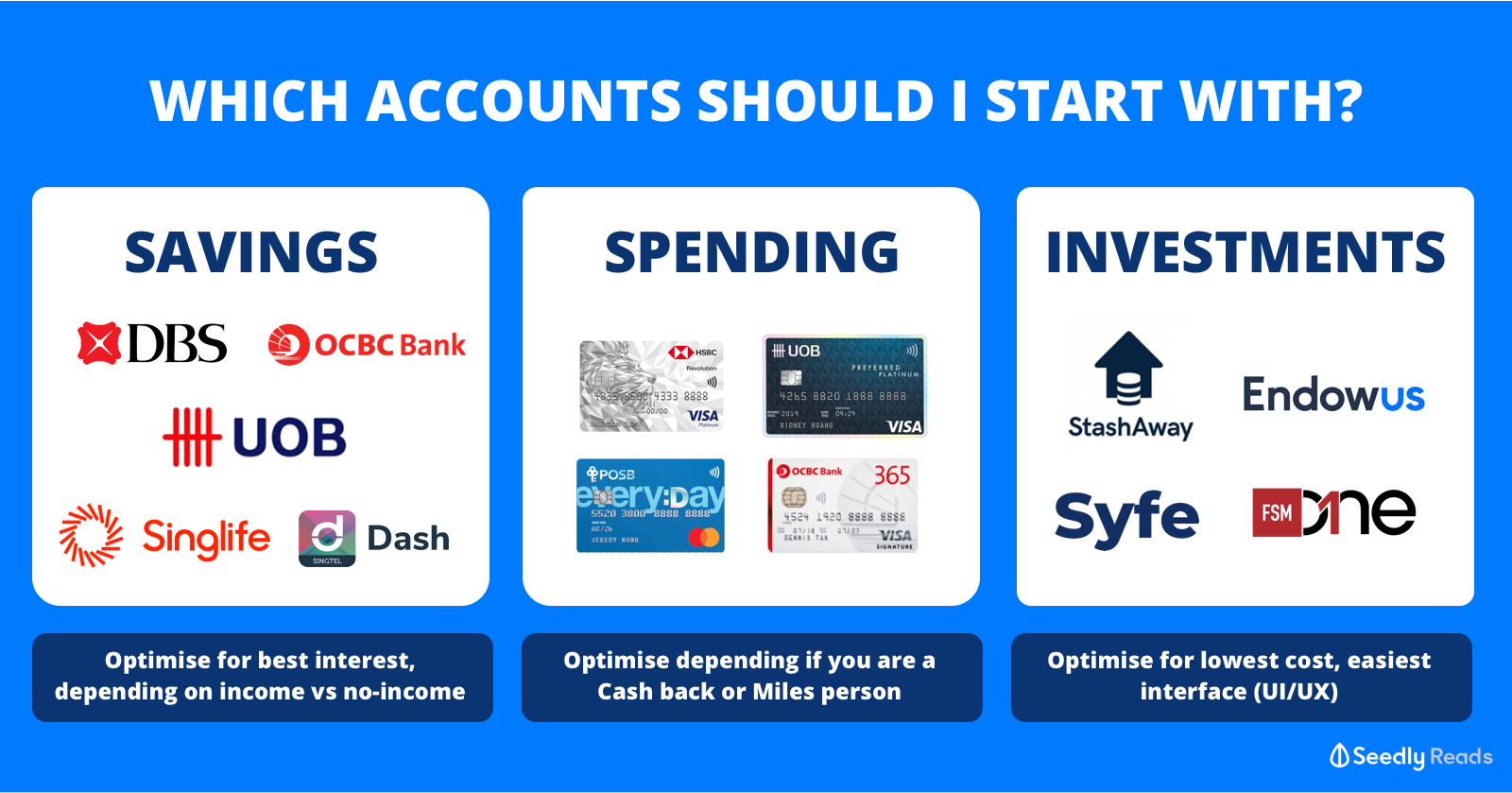Congratulations on managing to save quite a sum before even entering NS! Perhaps a new perspective that I would like to bring up is the concept of diversifying your risk.
In finance, it is well known that investors are rewarded with higher returns for only Systematic Risk, which is also known as market risk or undiversifiable risk. If you hold unneccessary or diversifibale risk, you would not be compensated for this risk. The reason for this is because different investment products are affected by different events, and the goal of investments is to spread this risk out across different investment products and industries.
For example, Apple's share prices are likely to be affected if they launch a new iPhone, but this event would likely have little effect on the prices of bonds issued by Macdonalds. Conversely, if Macdonalds acquires another company, this would have more effect on another competitor, such as Subway, KFC or Carl's Junior compared to Apple. In technical terms, the investment products of Apple and Samsung are more correlated to one another as compared to that of Subway, Macdonalds, KFC and Carl's Junior.
As an investor, you would want to buy investment products from different industries that are not related to each other. In other words, you would want to buy shares from both Apple and Macdonalds, rather than just Apple alone or Macdonalds alone. If both Macdonalds' and Apple's shares provide you with the same returns, then having a diversified portfolio will actually give you lesser risk, but with the same returns! (risk is actually measured by the concept of Standard Deviation, that's why banker use the term "spread" sometimes)
Hence, the adage of "Higher Risk, Higher Return" isn't quite as true as it actually is. More accurately, it would be "Higher Undiversified Risk, Higher Return". So what you should do, is to choose investmet products and companies that are as diversified as possible. This cuts your risk, but does not cut your return at all.








Congratulations on managing to save quite a sum before even entering NS! Perhaps a new perspective that I would like to bring up is the concept of diversifying your risk.
In finance, it is well known that investors are rewarded with higher returns for only Systematic Risk, which is also known as market risk or undiversifiable risk. If you hold unneccessary or diversifibale risk, you would not be compensated for this risk. The reason for this is because different investment products are affected by different events, and the goal of investments is to spread this risk out across different investment products and industries.
For example, Apple's share prices are likely to be affected if they launch a new iPhone, but this event would likely have little effect on the prices of bonds issued by Macdonalds. Conversely, if Macdonalds acquires another company, this would have more effect on another competitor, such as Subway, KFC or Carl's Junior compared to Apple. In technical terms, the investment products of Apple and Samsung are more correlated to one another as compared to that of Subway, Macdonalds, KFC and Carl's Junior.
As an investor, you would want to buy investment products from different industries that are not related to each other. In other words, you would want to buy shares from both Apple and Macdonalds, rather than just Apple alone or Macdonalds alone. If both Macdonalds' and Apple's shares provide you with the same returns, then having a diversified portfolio will actually give you lesser risk, but with the same returns! (risk is actually measured by the concept of Standard Deviation, that's why banker use the term "spread" sometimes)
Hence, the adage of "Higher Risk, Higher Return" isn't quite as true as it actually is. More accurately, it would be "Higher Undiversified Risk, Higher Return". So what you should do, is to choose investmet products and companies that are as diversified as possible. This cuts your risk, but does not cut your return at all.